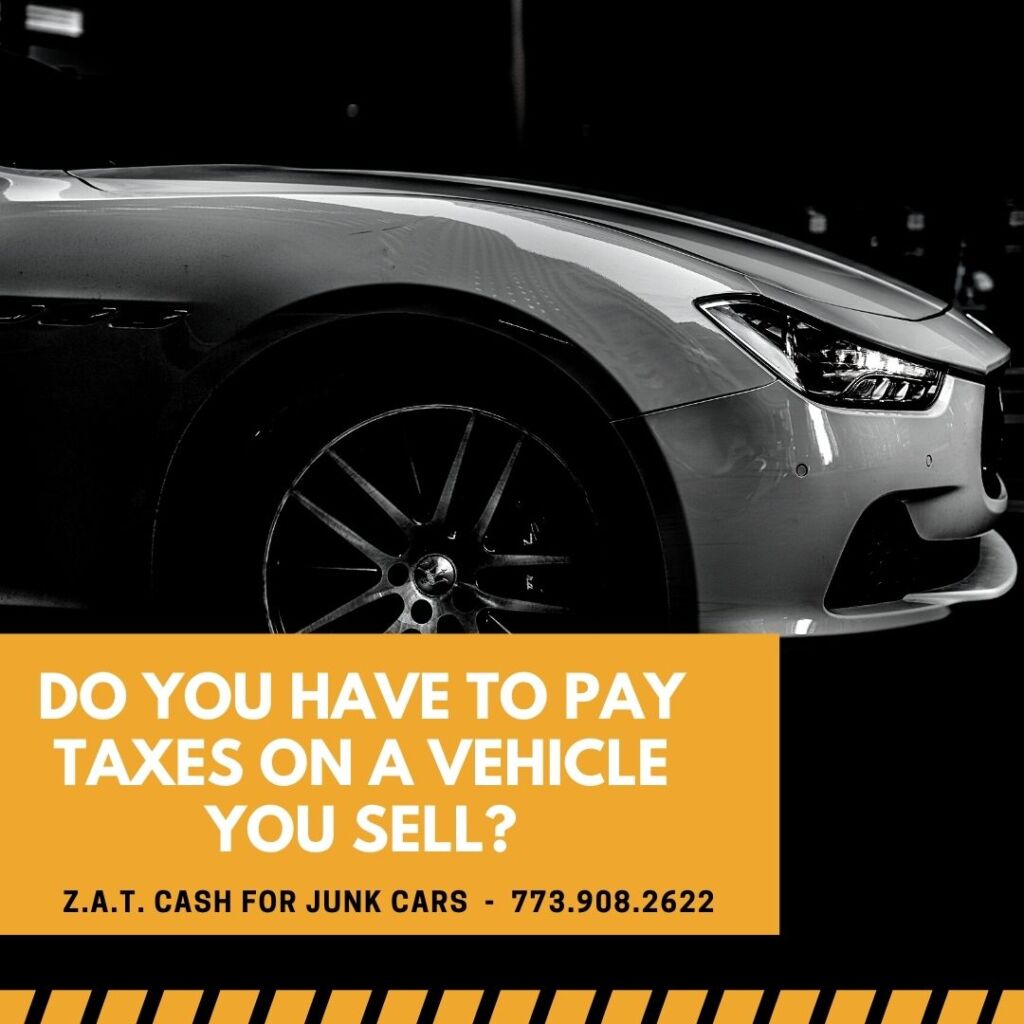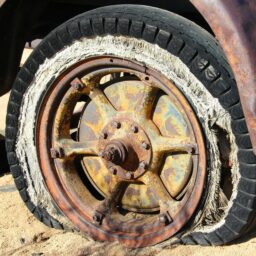
Do you have to pay taxes on a vehicle you sell?
That depends. First of all, understand that the IRS considers your vehicle to be a “capital asset.” The definition for capital asset can include many things but, essentially, it means that the vehicle is a significant investment, or property, that belongs to you. The government is keen on taxing any capital assets that generate profit (also known as capital gains) as possible in order to create revenue that we use for programs, fixing roads and such.
Now to answer the BIG question…
If you sell your vehicle for LESS than what you paid for it, you do NOT have to pay taxes on it. The government considers this a loss for you.
If you sell your vehicle for MORE than what you paid for it, you DO have to pay taxes on it. You have gained a profit and the government wants a piece of the action.
Also, consider these situations on whether you owe or don’t owe taxes.
You Owe Taxes If:
- You’re selling a collectible car. It’s applicable IF you sell the car for MORE than you paid PLUS restoration costs. So, if you paid 5k for the car, put 10k of work into it and sold it for 30k, you OWE taxes because you made a profit of 15k.
- You receive a vehicle as a gift or part of an inheritance and sell it for more than its market value on the day you took legal possession of it.
You Don’t Owe Taxes If:
- You have an older vehicle. Sadly, vehicles lose value over time so the longer you hold on to it, the less it will be worth. (Unless it’s a collectible car.) It doesn’t matter if you upgrade the stereo system or security on that vehicle, it will definitely lose value and be worth less than what you paid. When you sell it, the chances are extremely high that you will NOT make a profit from it.
Keep in mind that if you junk your car or sell to a cash for car buyer, it is HIGHLY likely you will NOT be making a profit and will owe NO taxes.
Okay, let’s say you aren’t completely sure if you made a profit or not off of that vehicle sale. There is definitely a way to figure that out so you know for sure.
How To Calculate Capital Gains On A Vehicle:
- Locate your bill of sale. This is how much you originally paid for that vehicle.
- Minus any taxes you paid when you bought the car from that bill of sale number.
- If you added a custom stereo system or did a repaint on the vehicle, add that cost to the bill of sale number.
*Do NOT count any routine maintenance charges like oil changes or tire rotation. These don’t count.
- Look at what you sold the car for and what you just calculated as your bill of sale number. If you sold it for more, you made a profit and need to report it on your taxes.
You typically report a capital gain from your vehicle on Schedule D, Form 1040, on the line marked “Capital Gains and Losses.”
If you are selling a vehicle used in your business (think company car/work truck), that is under your business taxes, not personal. It’s not so much capital gains as it is business income. Losing money on the vehicle sale then becomes a business loss.
Hopefully this has helped clear up any confusion on whether or not you’re responsible for taxes after that car sale. Typically, when you junk your vehicle, sell it for scrap and use services such as Z.A.T. Cash For Junk Cars, chances are high that you won’t owe anything to the IRS.
** For help with personal and business tax information and procedures, it is always a good idea to consult your attorney or licensed tax professionals.**
Ready to get rid of that old car? See how Z.A.T. Cash For Junk Cars can help by calling 773.908.2622 today!















